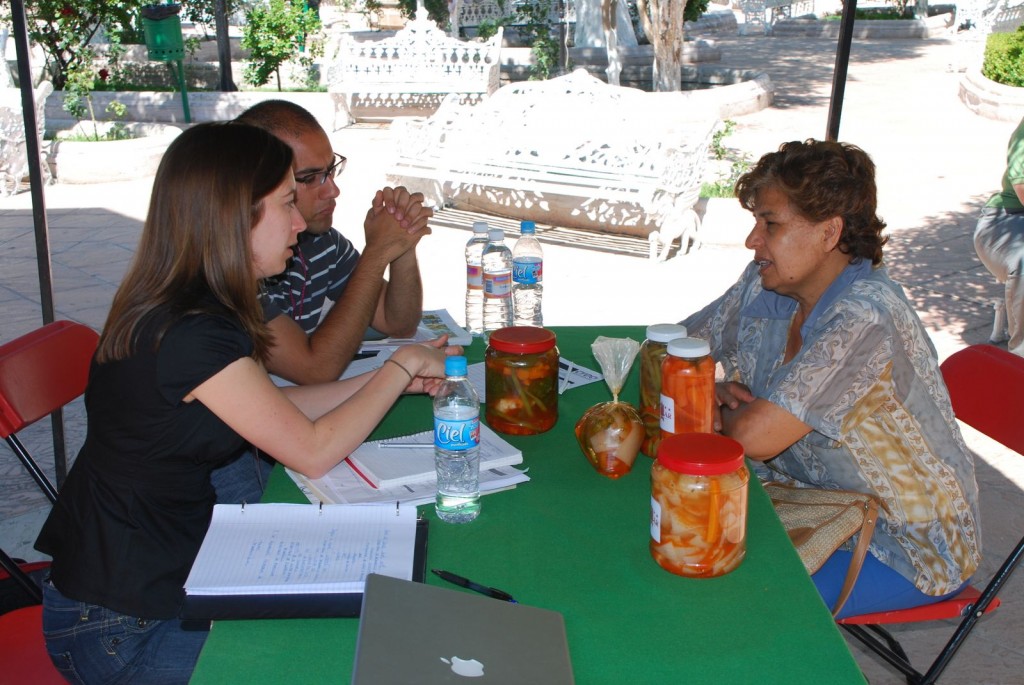Ethnography
I think ethnography is a great way to be able to learn more about a certain culture, its traditions, and its people. Being able to look over the questions that I was going to ask prior to actually conducting my oral history project with Regan gave me a sense of understanding that I should phrase my questions in a way that doesn't potentially offend, cause issues, or create an uncomfortable situation. That is something that everyone has to be careful about because those who are on the CCESP have to know about Nicaragua and it's culture before posing certain questions. Some questions that we may find completely normal and fine would sometimes not be fine to ask in a different culture. We have to be aware and respectful of that. Going along with this, we talked about in class how people like to take pictures of others when they're in the middle of an activity or just in general. When we go on our trip to Nicaragua, we have to be respectful of that because sometimes that can turn into an invasion of their personal life and their privacy. A lot of conducting ethnography requires being able to be aware, culturally conscious, understanding, and respectful of the people whom you are talking to.
Going over the practice interview questions and actually conducting the interview allowed me to take away tips on how to be more considerate when conducting the actual interview. Some of these include being able to talk and introduce yourself and what you're doing to the person or people you are going to be talking to. Additionally, it is important to let them know that you want to know more about them but to the extent that they are comfortable with. Allowing and setting up this environment makes it more feasible to conduct a successful interview by setting up both the interviewer and the interviewee on the same page. I can't wait to be able to pose some of the interview questions we have gone over in class while I'm with the community development team and learn more about the community that way. I also will use what I've learned in class on conducting ethnography when I conduct the discussion meeting for my final project with the community members. I will be asking them basic questions on their government and seeing how the discussion is geared without offending or creating an uncomfortable environment with anyone.
Questions I asked Regan:
1) What trip did you go on?
2) What made you decide to apply to CCESP? Why Nicaragua?
3) Have you done any previous abroad volunteering besides Nicaragua?
4) How has CCESP shaped your future in terms of what you want to do?
5) Did you have any difficulty adjusting to the environment?
6) What was your favorite part about the trip? What was the hardest part?
7) If you could go on this trip again, what would you do differently?
8) How do you feel about the length of the trip? (short 2 weeks)
9) Have you/are you planning on participating in more service trips in Nicaragua (Latin America)?
10) After your trip, did any of your views change?
Below is a link to a list of potential ways to pose interview questions:
Here is a link to my interview with Regan as an example of being able to practice my interviewing skills:
